6 Actionable Tips That Will Make Your Experiential Marketing More Efficient.
One of the largest challenges in experiential marketing is identifying and overcoming inefficiencies. There are a lot of moving parts in live events, and if left unchecked, it’s easy to get overwhelmed or let something slip through the cracks. Here are a few tips to ensure experiential marketing programs run smoothly and effectively.
1. Automate Manual Processes
Manual tasks like event registration and data collection are time-consuming and prone to errors. Use digital platforms to automate these processes, reducing the workload and minimizing mistakes. Tools designed specifically for events, like AnyRoad, can streamline operations and allow your team to focus on strategic tasks.
2. Plan Logistics and Operational Budgets Thoroughly
No one likes financial surprises. Poor logistical and operational budget planning can lead to overspending on expenses like shipping or underestimating things like event team pay rates or summer gas prices in different states. Those small, unexpected expenses can quickly add up to a much greater problem. To avoid these pitfalls, spend extra time planning through every last detail of the activation to fully uncover every line item expense possible and work out how all the people and assets will move from one place to another. Be sure to include backup and contingency plans, as things can shift quickly in live events, and always attempt to prepare for the unknown.
3. Define Roles Clearly
Having the right staff on the project with clearly defined roles is essential. Miscommunication creates confusion, redundancies, and stress. Planning teams need clearly defined responsibilities that cover every aspect of the project. Regular status meetings and detailed planning documents or project management software can help keep things organized and workloads balanced. On-site event teams also need specific job functions and responsibilities for the same reasons, and to ensure that the activation isn’t over or under-staffed.
4. Maximize Opportunities
Experiential activations can often serve multiple purposes, providing cost advantages through opportunistic planning. For example, an activation that engages the public during the day could later convert into a special influencer or press event that night. Also, be sure to consider what to do with the assets once the campaign is over. Will they be stored in a closet, thrown out, or can they find a new home that benefits the brand, such as relocating elements to a showroom or reused in a future experiential campaign.
5. Optimize Experience Planning
Set clear goals and understand the venue and audience well. Use every inch of available space to guide the participant on a journey that effectively tells the brand or product story. Include a blend of touchpoints, interactive elements, and hands-on activities that appeal to different audience segments and keep visitors interested and invested. Consider how people will move about and spend time in the experience, like line queue, wait time, ingress, and egress. Be sure to Include clear signage and simple instructions to guide attendees.
6. Bring in an Expert
Planning and executing a successful experiential marketing campaign often involves long hours, tedious budget planning, vendor selection and oversight, people management, logistical supervision, and a meticulous list of other tasks. Hiring an expert can simplify this process and improve outcomes. Experienced professionals can help identify gaps, recommend strategic solutions and provide the know-how that will make the entire process more efficient and less stressful.
At RoninXM, we provide the one-on-one expertise to help in-house teams more effectively plan and execute experiential campaigns independently or deliver turnkey solutions using our proven network of resources. Contact us today to transform your next experiential campaign into a seamless success.

